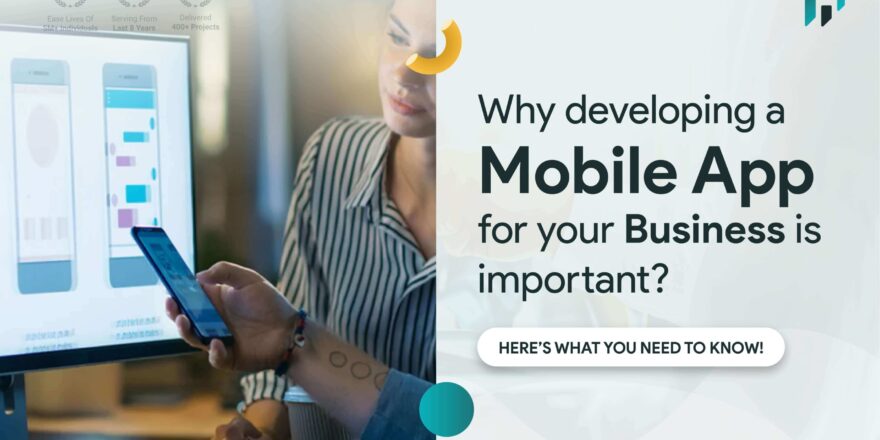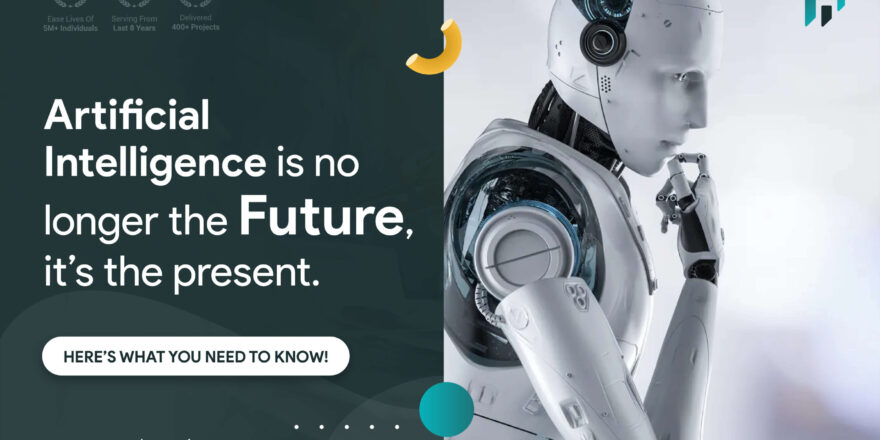In today’s rapidly evolving technological landscape, Innovative Product Engineering stands as a cornerstone of innovation. It encompasses the process of designing, developing, and optimizing products to meet market demands and exceed customer expectations. From startups to multinational corporations, leveraging cutting-edge technologies and methodologies has become imperative to stay competitive and drive growth.
Also Read: Agile Product Development: Best Practices for Faster Time-to-Market
The Essence of Product Engineering
Product engineering blends creativity with technical expertise, aiming to create solutions that solve real-world problems efficiently. It involves:
- Conceptualization and Design: Initiating the product development lifecycle by conceptualizing ideas and translating them into robust designs.
- Development and Testing: Implementing designs into functional prototypes, rigorously testing for performance, usability, and scalability.
- Iterative Refinement: Continuously refining and improving products based on user feedback and market trends.
Case Studies of Innovation
1. Tesla: Redefining Electric Vehicles
Tesla’s approach to product engineering revolutionized the automotive industry by integrating advanced battery technology with sleek design and autonomous capabilities. Their iterative development process and focus on sustainability set a benchmark for innovation in electric vehicles.
2. Apple: Design and User Experience Excellence
Apple’s success story lies in its meticulous product engineering, combining seamless design with intuitive user interfaces. Products like the iPhone and MacBook exemplify how engineering innovation can redefine consumer electronics.
3. SpaceX: Advancing Space Exploration
SpaceX disrupted the aerospace industry with reusable rocket technology, significantly lowering the cost of space travel. Their relentless pursuit of engineering excellence and iterative testing has enabled unprecedented achievements in space exploration.
Success Stories in Diverse Sectors
– Healthcare: Companies like Philips Healthcare have pioneered medical device engineering, developing cutting-edge diagnostic tools and patient monitoring systems that improve healthcare outcomes.
– Tech Startups: Startups like Airbnb and Uber have reshaped hospitality and transportation sectors through innovative platforms that connect users with services efficiently.
Embracing Future Trends
As technology continues to evolve, future trends in product engineering are poised to redefine industries:
- Artificial Intelligence (AI) and Machine Learning: Integrating AI for predictive analytics, personalization, and automation.
- Internet of Things (IoT): Connecting devices to enhance functionality and gather real-time data for actionable insights.
- Blockchain: Ensuring security and transparency in transactions across industries like finance, supply chain, and healthcare.
Conclusion
Innovation in product engineering is not just about creating new products but also about transforming industries and enhancing lives. By studying successful case studies and embracing emerging technologies, companies can navigate complexities and lead with groundbreaking solutions. As we look towards the future, the synergy between creativity, technology, and customer-centric design will continue to drive the next wave of product engineering innovations.
In a world where innovation is key, embracing product engineering excellence is the pathway to sustainable growth and global impact.





